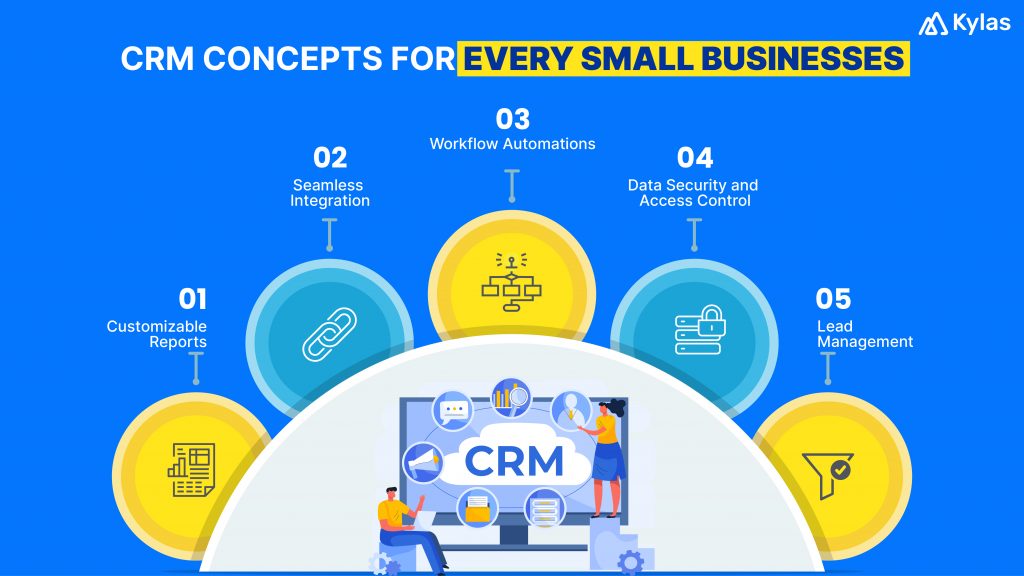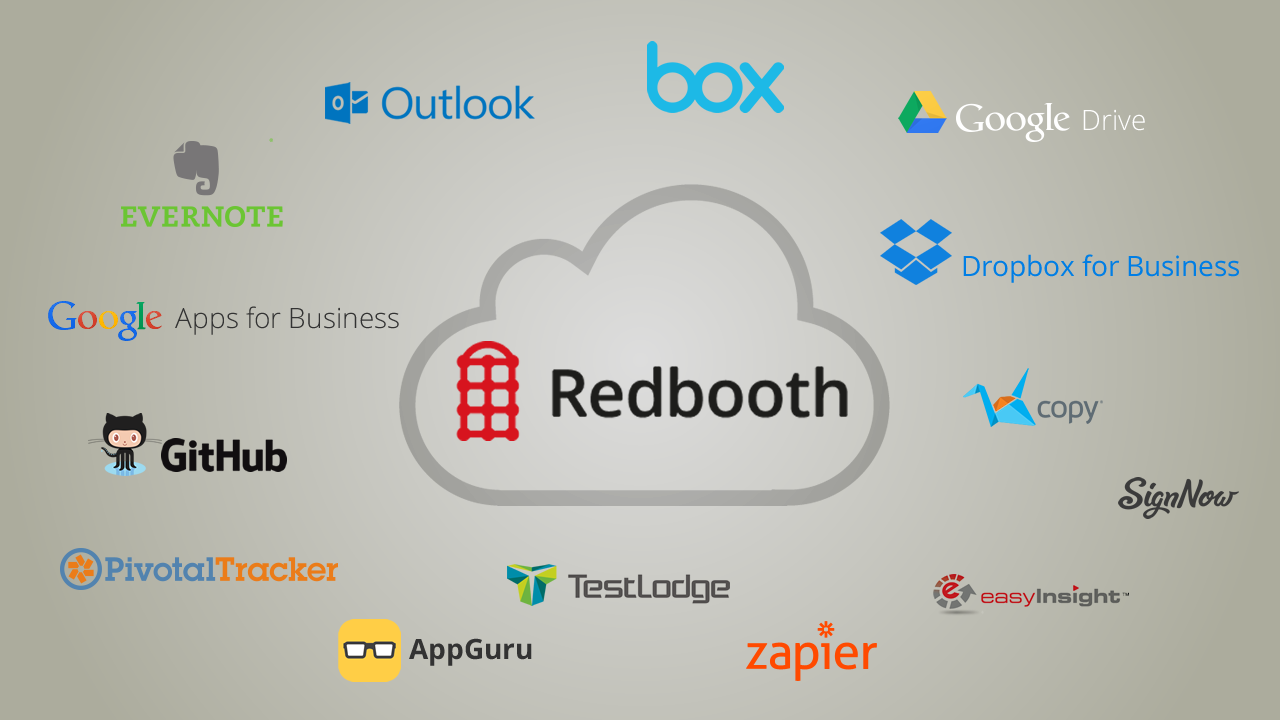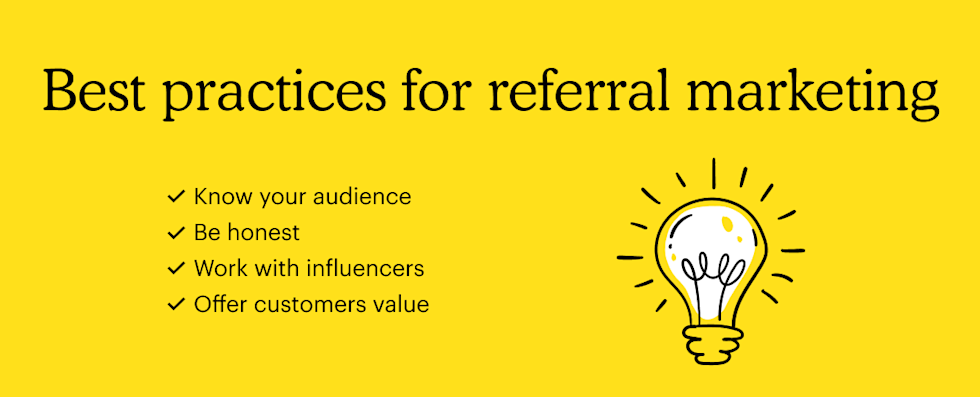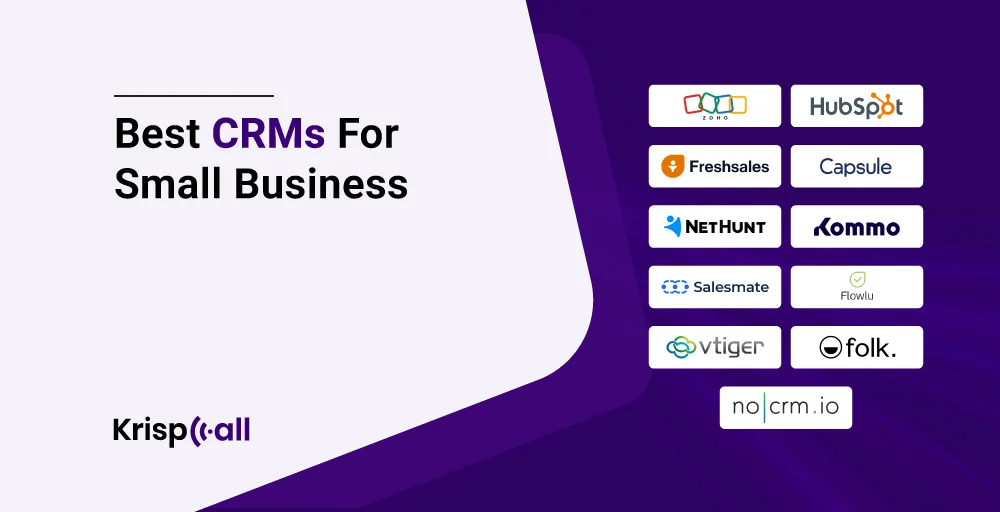Small Business CRM Basics in 2025: Your Ultimate Guide to Customer Relationship Management

Small Business CRM Basics in 2025: Your Ultimate Guide to Customer Relationship Management
Running a small business is a whirlwind. You’re juggling a million things – from product development and marketing to sales and customer service. In the midst of all this, it’s easy to let customer relationships fall by the wayside. But here’s the thing: in 2025, your customers are your most valuable asset. And that’s where Customer Relationship Management (CRM) comes in.
This isn’t just some buzzword. CRM is the foundation of building lasting customer relationships. It’s about understanding your customers, anticipating their needs, and providing them with exceptional experiences. And if you’re a small business owner, getting CRM right can be the difference between surviving and thriving. This comprehensive guide will walk you through the CRM basics you need to know in 2025, helping you harness the power of customer data to drive growth and success.
What is CRM? Breaking Down the Basics
At its core, CRM is a system that manages all your interactions with current and potential customers. It’s a central hub where you store and access customer information, track interactions, and automate key processes. Think of it as your digital Rolodex, but with superpowers.
In 2025, CRM is much more than just a contact database. It’s a sophisticated platform that integrates with various aspects of your business, from marketing and sales to customer service and support. This integration allows for a 360-degree view of each customer, enabling you to personalize your interactions and provide a more seamless customer journey.
Key Components of a CRM System:
- Contact Management: Storing and organizing customer contact information, including names, addresses, phone numbers, and email addresses.
- Interaction Tracking: Recording all interactions with customers, such as emails, phone calls, and meetings.
- Sales Automation: Automating sales processes, such as lead nurturing, opportunity management, and quote generation.
- Marketing Automation: Automating marketing tasks, such as email campaigns, social media posting, and lead scoring.
- Customer Service and Support: Managing customer inquiries, resolving issues, and providing support through various channels.
- Analytics and Reporting: Tracking key metrics, analyzing data, and generating reports to gain insights into customer behavior and business performance.
Why Does Your Small Business Need a CRM in 2025? The Benefits Explained
In today’s competitive landscape, small businesses need every advantage they can get. CRM provides a significant edge by helping you:
- Improve Customer Relationships: By understanding your customers better, you can tailor your interactions to their specific needs and preferences. This leads to increased customer satisfaction and loyalty.
- Increase Sales: CRM helps you identify and nurture leads, track opportunities, and close deals more efficiently. This can result in a significant boost to your sales revenue.
- Enhance Customer Service: With all customer information readily available, your support team can provide faster, more personalized service, resolving issues more effectively.
- Boost Efficiency: Automating tasks and streamlining processes frees up your team to focus on more strategic initiatives.
- Gain Valuable Insights: CRM provides data-driven insights into customer behavior, sales performance, and marketing effectiveness, allowing you to make informed decisions.
- Improve Team Collaboration: A centralized CRM system ensures that everyone on your team has access to the same customer information, fostering better communication and collaboration.
- Reduce Costs: By automating tasks and improving efficiency, CRM can help you reduce operational costs and improve your bottom line.
- Scalability: As your business grows, your CRM system can scale with you, accommodating an increasing number of customers and employees.
Let’s face it: in 2025, customers have choices. They can go anywhere. A solid CRM system is what keeps them coming back to you.
Essential Features of a CRM System for Small Businesses in 2025
Not all CRM systems are created equal. The features you need will depend on the specific requirements of your business. However, some core features are essential for any small business looking to leverage CRM effectively in 2025:
- Contact Management: This is the foundation of any CRM system. It allows you to store and organize all your customer contact information in one central location. Look for features like contact segmentation, tagging, and the ability to import and export data easily.
- Lead Management: A good CRM system helps you capture, track, and nurture leads throughout the sales pipeline. This includes features like lead scoring, lead assignment, and the ability to track lead sources.
- Sales Automation: Automating sales tasks frees up your sales team to focus on closing deals. Key features include automated email sequences, task reminders, and the ability to generate quotes and proposals.
- Marketing Automation: Integrating marketing automation features into your CRM allows you to streamline your marketing efforts. This includes features like email marketing, social media integration, and the ability to track campaign performance.
- Workflow Automation: Automate repetitive tasks and streamline processes. This can include things like automated email responses, task assignments, and data entry.
- Reporting and Analytics: Data is king! A robust CRM system provides detailed reports and analytics on sales performance, marketing effectiveness, and customer behavior. Look for customizable dashboards and the ability to generate custom reports.
- Mobile Access: In today’s mobile world, it’s essential to have access to your CRM data on the go. Look for a CRM system with a mobile app that allows you to access and update customer information from your smartphone or tablet.
- Integration with Other Tools: Your CRM system should integrate with the other tools you use, such as email marketing platforms, accounting software, and social media channels. This will streamline your workflow and improve data accuracy.
- Customization Options: Every business is unique. Choose a CRM system that allows you to customize fields, workflows, and reports to meet your specific needs.
- Security and Data Privacy: Security is paramount. Ensure that your CRM system has robust security measures in place to protect your customer data and complies with relevant data privacy regulations, such as GDPR and CCPA.
Choosing the Right CRM for Your Small Business: A Step-by-Step Guide
Choosing the right CRM system can seem daunting, but breaking it down into steps makes the process manageable. Here’s a step-by-step guide to help you find the perfect CRM for your small business:
- Define Your Needs: Before you start looking at CRM systems, take the time to identify your specific needs and goals. What problems are you trying to solve? What processes do you want to improve? What features are essential?
- Assess Your Budget: CRM systems come in a range of price points. Determine how much you’re willing to spend on a CRM system, including initial setup costs, monthly subscription fees, and any additional costs for training or support.
- Research CRM Providers: Once you know your needs and budget, start researching different CRM providers. Read reviews, compare features, and consider your business’s size and industry. Some popular choices for small businesses in 2025 include:
- HubSpot CRM: Known for its user-friendliness and robust free plan.
- Zoho CRM: A versatile CRM with a wide range of features and integrations.
- Pipedrive: A sales-focused CRM that’s easy to use and ideal for managing sales pipelines.
- Salesforce Essentials: A scaled-down version of Salesforce designed for small businesses.
- Freshsales: An AI-powered CRM with a focus on sales automation.
- Consider Scalability: Choose a CRM system that can grow with your business. Make sure it can accommodate an increasing number of users and data as your business expands.
- Evaluate Ease of Use: A CRM system is only useful if your team actually uses it. Look for a user-friendly interface and intuitive features. Consider the learning curve and whether the provider offers training and support.
- Assess Integration Capabilities: Make sure the CRM system integrates with the other tools you use, such as email marketing platforms, accounting software, and social media channels. This will streamline your workflow and improve data accuracy.
- Try Before You Buy: Many CRM providers offer free trials or demos. Take advantage of these to test the system and see if it meets your needs.
- Prioritize Data Migration: Plan how you’ll migrate your existing customer data to the new CRM system. Make sure the CRM provider offers data import tools or assistance.
- Implementation and Training: Once you’ve chosen a CRM system, implement it and train your team on how to use it effectively. Provide ongoing support to ensure that your team is utilizing the system to its full potential.
- Review and Optimize: Regularly review your CRM system and make adjustments as needed. Track key metrics and make sure the system is meeting your business goals.
CRM Implementation Best Practices for Small Businesses
Successfully implementing a CRM system requires more than just choosing the right software. Here are some best practices to ensure a smooth and effective implementation:
- Get Buy-In from Your Team: Involve your team in the selection process and make sure they understand the benefits of CRM. This will increase adoption and ensure that the system is used effectively.
- Clean Your Data: Before importing your data into the CRM system, clean it up to remove duplicates, correct errors, and ensure accuracy.
- Customize Your CRM: Tailor the CRM system to your specific business needs. Customize fields, workflows, and reports to match your processes.
- Provide Comprehensive Training: Provide your team with thorough training on how to use the CRM system. Offer ongoing support and resources to ensure that they can use the system effectively.
- Set Clear Goals and Metrics: Define clear goals and metrics for your CRM implementation. Track your progress and make adjustments as needed.
- Start Small: Don’t try to implement everything at once. Start with the core features and gradually add more functionality as your team becomes comfortable with the system.
- Integrate with Other Tools: Integrate your CRM system with the other tools you use, such as email marketing platforms, accounting software, and social media channels.
- Automate Tasks: Leverage the automation features of your CRM system to streamline processes and free up your team to focus on more strategic initiatives.
- Regularly Review and Optimize: Regularly review your CRM system and make adjustments as needed. Track key metrics and make sure the system is meeting your business goals. Seek feedback from your team to identify areas for improvement.
- Maintain Data Hygiene: Establish processes for maintaining the accuracy and completeness of your customer data. This includes regularly updating contact information, removing duplicates, and correcting errors.
The Future of CRM for Small Businesses in 2025 and Beyond
The world of CRM is constantly evolving, and 2025 will bring even more exciting advancements. Here’s a glimpse into the future of CRM for small businesses:
- Artificial Intelligence (AI): AI will play an increasingly important role in CRM, automating tasks, providing insights, and personalizing customer interactions. Expect to see more AI-powered chatbots, predictive analytics, and personalized recommendations.
- Hyper-Personalization: CRM systems will become even better at personalizing customer experiences. This will involve using data to tailor content, offers, and interactions to each individual customer’s needs and preferences.
- Mobile-First Approach: Mobile CRM will become even more critical, with a greater emphasis on providing seamless access to customer data and functionality on the go. Expect more sophisticated mobile apps and improved mobile workflows.
- Integration and Automation: CRM systems will become even more integrated with other business tools, automating more tasks and streamlining workflows. This will free up businesses to focus on their core competencies.
- Focus on Customer Experience: CRM will become even more focused on delivering exceptional customer experiences. Businesses will use CRM to create seamless customer journeys and build stronger relationships.
- Data Privacy and Security: With increasing concerns about data privacy, CRM providers will continue to enhance their security measures and comply with data privacy regulations.
In 2025 and beyond, CRM will be more than just a software tool; it will be a strategic asset for small businesses. By embracing the latest advancements and best practices, you can leverage CRM to build stronger customer relationships, drive growth, and achieve long-term success.
Conclusion: Embracing CRM for Small Business Success
In conclusion, CRM is no longer a luxury; it’s a necessity for small businesses looking to thrive in 2025 and beyond. By understanding the basics, choosing the right system, and implementing best practices, you can harness the power of CRM to transform your customer relationships, boost sales, and drive sustainable growth.
Don’t wait to get started. The sooner you embrace CRM, the sooner you can start reaping the rewards. Take the time to assess your needs, research your options, and implement a CRM system that empowers your team to build stronger relationships with your customers. Your future success depends on it.





